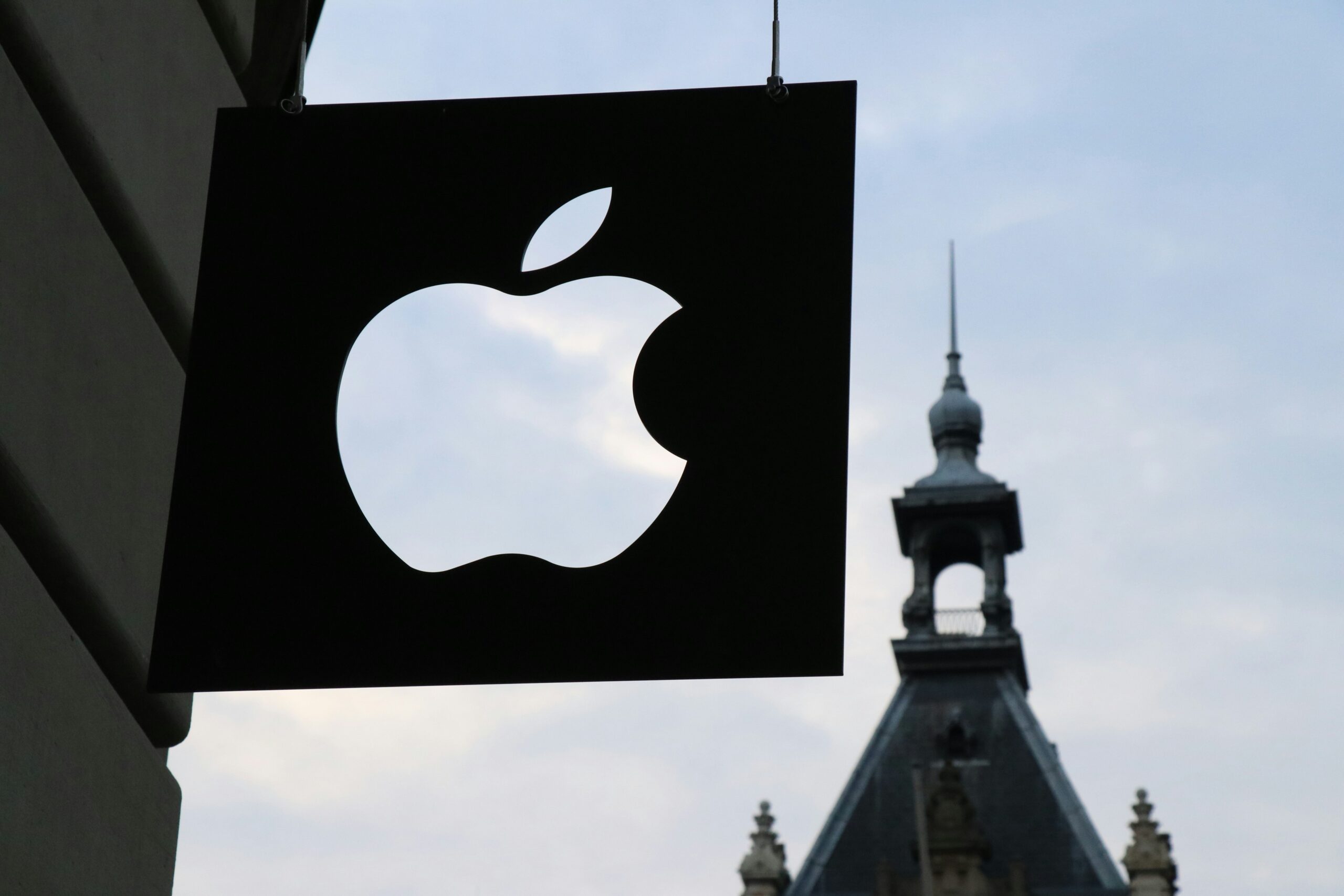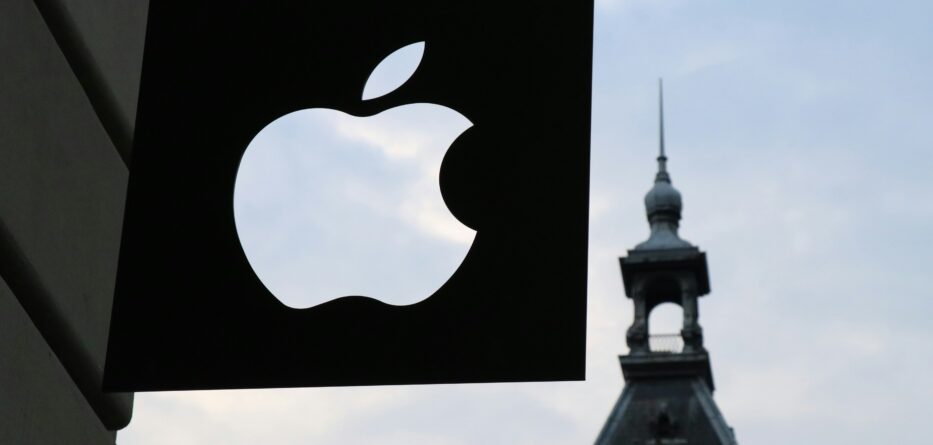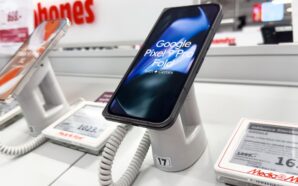
Credit: Unsplash
Apple Inc. has reached an agreement with EU antitrust regulators to open up its mobile payments technology to competitors, concluding a four-year investigation into its practices. The European Commission has accepted Apple’s commitments, which address concerns over potential anti-competitive behavior related to Apple Pay and its integration into apps and websites.
Key Details of the Agreement:
- Access to NFC Technology: Apple has committed to allowing third-party developers access to its NFC (Near Field Communication) technology without charging fees. This will enable rival mobile wallet applications to utilize the tap-and-go payment technology on iPhones.
- Integration with Key iPhone Features: Competing payment wallets will be able to access key features of iPhones, such as Face ID, which will enhance the functionality and security of third-party payment options.
- Default Wallet Options: Users will have the freedom to set any mobile wallet of their choice as the default option on their iPhones.
Margrethe Vestager, EU antitrust chief, announced the decision during a press conference, stating, “The commission has decided to accept commitments offered by Apple. These commitments address our preliminary concerns that Apple may illegally have restricted competition when it comes to mobile wallets on iPhones.”
The investigation, which began in 2020, scrutinized Apple’s control over the terms and conditions for integrating Apple Pay, as well as concerns about the exclusion of competing mobile wallets. In 2022, the European Commission identified that Apple Pay’s exclusivity could potentially stifle competition.
Apple’s commitments, which include providing developers with the ability to enable NFC contactless payments for various uses such as car keys, transit, and event tickets, are now legally binding and set to remain in effect for the next decade. The iPhone maker has until July 25 to implement these changes.
Vestager noted, “The commitments bring important changes to how Apple operates in Europe to the benefit of competitors and customers. From now on, Apple can no longer use its control over the iPhone ecosystem to keep other mobile wallets out of the market. Competing wallet developers, as well as consumers, will benefit from these changes, opening up innovation and choice, while keeping payments secure.”
In response, Apple stated, “Apple is providing developers in the European Economic Area with an option to enable NFC contactless payments and contactless transactions for various functions from within their iOS apps using Host Card Emulation-based APIs. There will be no changes to Apple Pay or the Apple Wallet following this agreement.”
-
Credit: Shutterstock Today marks an exciting moment for the developer community as xAI officially introduces the Grok Voice Agent...
-
Credit: Shutterstock Big news in the dating world! Justin McLeod, the founder and CEO of Hinge, is stepping down...
-
Credit: Shutterstock Dubai’s dining scene has never been afraid of bold ideas—but the city’s newest culinary experiment might just...
-
Credit: Shutterstock Disney Brings Olaf to Life with AI-Powered Snowman Robot Disney has accomplished the unthinkable by transforming one...
-
Credit: Shutterstock Thirty years ago, before most people had ever heard the term “cybersecurity,” a Japanese anime depicted a...
-
Credit: Shutterstock Today, Apple announced the release of Digital ID, a new and safe method for American iPhone and...
-
Credit: Shutterstock Artificial intelligence (AI) is already a part of our everyday lives and is no longer a sci-fi...
-
Credit: Shutterstock In a digital age where even our doorbells are online, today felt like the internet collectively hit...
-
Credit: Shutterstock Spotify is making it even easier (and more fun) to get the perfect playlist going. The streaming...
-
Credit: Shutterstock When Matt and Maria Raine lost their 16-year-old son Adam to suicide this past April, they were...
-
Credit: Shutterstock At its Made by Google 2025 event, Google pulled back the curtain on its latest foldable device,...
-
Credit: Shutterstock Paralyzed Woman Stuns the World Using Elon Musk’s Neuralink Chip In an awe-inspiring moment that blends science...




















